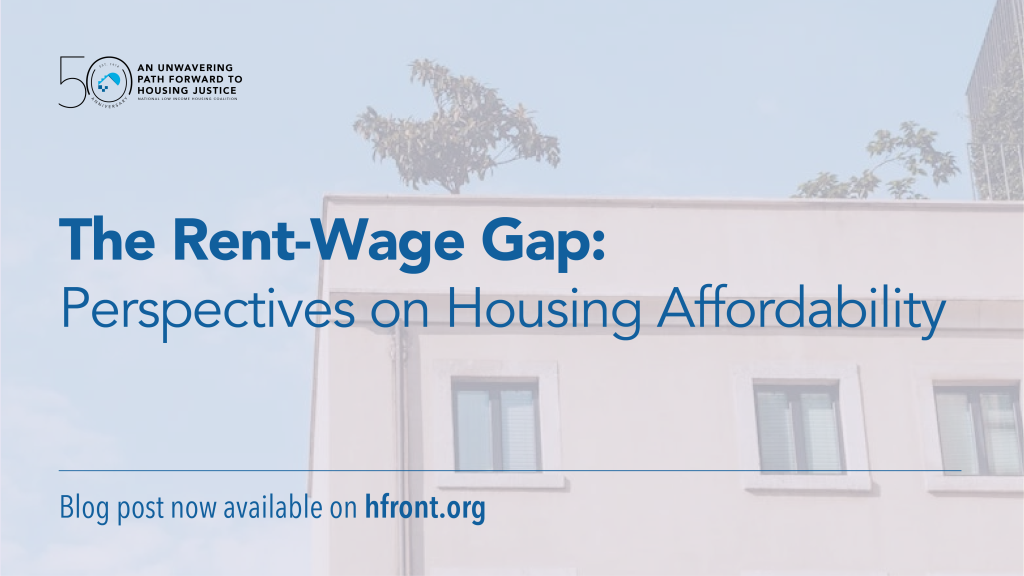By Tiffiny Graven
In our current economic landscape, a pressing ethical concern emerges from the widening chasm between escalating rental expenses and stagnant wages. This discrepancy, often disregarded, holds ethical implications for individuals, families, and communities. This essay seeks to illuminate this issue from various standpoints, encompassing perspectives from tenants, landlords, economists, and policymakers.
From the tenant’s viewpoint, the rent-wage gap transcends mere statistics; it translates into a daily struggle. Soaring rent prices, especially burdensome for low- and middle-income workers, force many to allocate an imbalanced share of their income to rent, leaving little for essentials like food, healthcare, and education. The resulting stress and uncertainty contribute to mental health problems and a diminished quality of life.
Personally, as a single mother, the rent-wage gap is not just an economic phenomenon; it’s a daily battle that threatens the well-being of my family. As rent prices surge, stagnant wages struggle to keep pace, exacerbated by unemployment and insufficient cash assistance. This forces parents like me to make impossible choices, deciding between paying rent and providing essentials like food, clothing, and basic necessities for our children. The stress of living on the brink of financial ruin takes a toll on our mental and physical health, leaving us exhausted and anxious about the future. Despite my resilience, dedication, and passion, the rent-wage gap pushes me to a fight-or-flight response every month. It’s obvious what has caused this gap. The question is whether or not the government chooses to act appropriately, ethically, and morally. It comes down to: will they continue to ignore it? We all bear witness to the true agenda if that is the case.
On the flip side, landlords confront their own challenges. Rising property taxes, maintenance costs, and mortgage rates prompt rent increases. While some landlords may negotiate or offer lower rents, small-scale landlords find themselves navigating a financial tightrope, balancing their needs with those of their tenants.
Economists interpret the rent-wage gap as symptomatic of broader economic and societal issues. Factors such as the scarcity of affordable housing, job concentration in high-cost urban areas, and stagnant wage growth relative to productivity contribute to this gap, fostering income inequality and social stratification.
Policymakers play a pivotal role in addressing the rent-wage gap. They possess the authority to implement policies fostering wage growth, augmenting affordable housing supply, and providing rental assistance. Yet, navigating these initiatives amid economic considerations and complex political landscapes poses a delicate challenge.
UNRAVELING THE ROOTS: A COMPREHENSIVE EXPLORATION
The root cause of the rent-wage gap is intricate, entwined with ongoing evidence of race, discrimination, oppression, and greed across economic, social, and political domains.
Economically, the issue stems from insufficient wage growth in comparison to the rising cost of living, notably housing. Decades of wage stagnation, attributed to globalization, automation, and shifts in labor dynamics, have failed to match the soaring housing expenses.
Simultaneously, the inadequate supply of affordable housing exacerbates the problem. Urban areas, which are focal points for job opportunities, witness heightened competition and increased prices due to factors such as land use restrictions, construction costs, and the proliferation of luxury housing.
Socially, escalating income inequality funnels wealth to the top echelons, perpetuating disparities reflected in the housing market. High-income individuals driving up rents further contribute to the predicament.
Politically, housing policies, labor laws, and economic regulations significantly influence wages and housing costs. Policymakers hold the key to bridging the rent-wage gap by implementing measures like increasing the minimum wage, investing in affordable housing, and instituting rent control policies.
ADDRESSING MISMANAGEMENT AND FEDERAL FUNDING OVERSIGHTS
The issue of mismanagement and misalignment of oversight in utilizing federal funds is a critical concern, especially given the billions allocated during the pandemic.
Transparency is crucial. Detailed reporting of fund utilization, clear goals, strategies, and outcomes are necessary for public understanding and oversight. Public input and feedback channels must be established to align fund use with community needs and identify potential issues.
Learning from experiences is imperative to improve future efforts. Revision of guidelines, enhanced training, and adaptive strategies are essential to prevent repeated failures.
Strengthening accountability mechanisms through stricter penalties, robust auditing, and proactive prevention strategies is crucial. Ceasing funding to violators and involving the community in decision-making can enhance accountability culture.
Ultimately, creating a culture of accountability within agencies and among policymakers requires consistent modeling of values through leadership, training, and adherence to principles. It demands a thorough investigation, one that is comprehensive and vigilant against conflicts of interest. Prioritizing a moral standing and ethical standards is a must.
Requiring lived experiences will indefinitely unravel the complexity of our dilemma. Addressing the rent-wage gap without lived experience is akin to entrusting the design of a ship to those unfamiliar with the seas. Navigating the intricacies of housing programs requires expertise and understanding.


Leave a comment